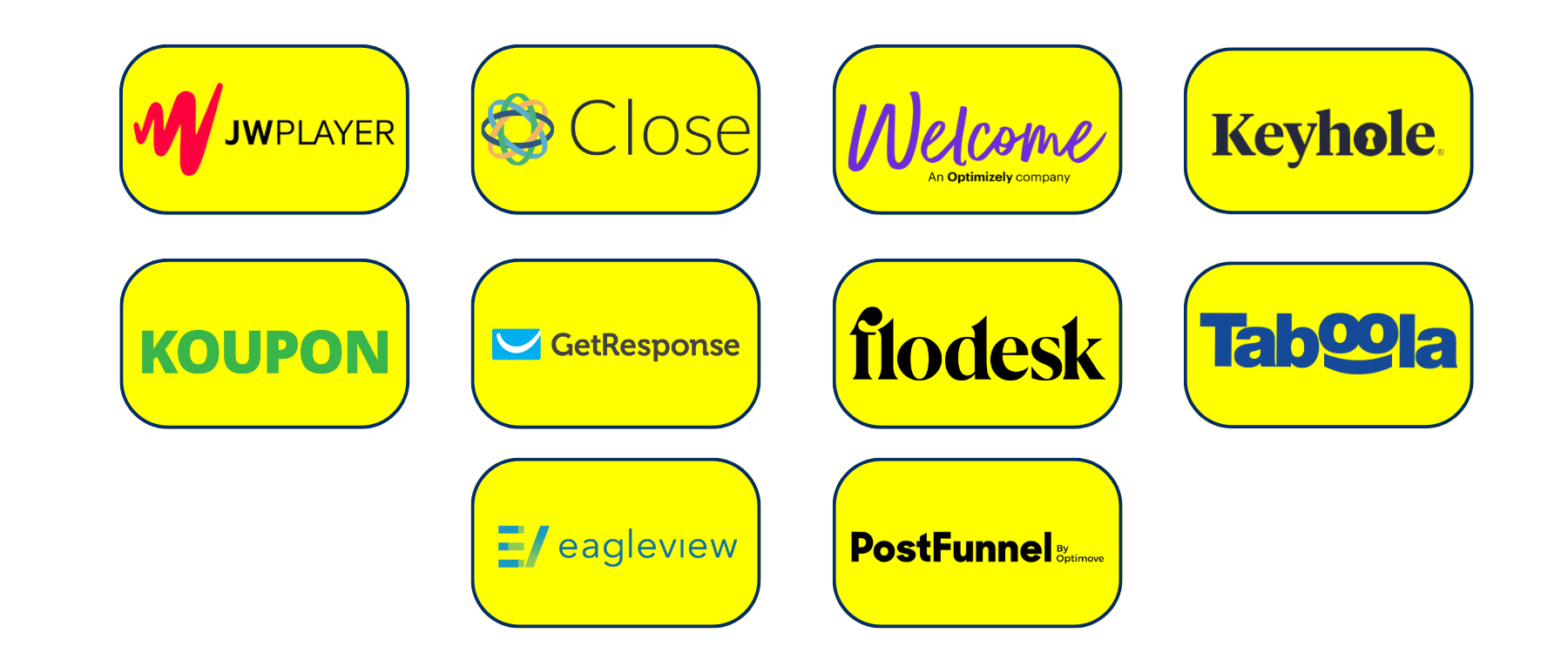
Content marketer.
Also co-founder @ Leaps
Content marketing with industry expertise
Hey, I’m Victor — and I used to help SaaS and B2B businesses like Getresponse, Flodesk, Close, etc. create:
- content strategies around specific POVs,
- content that drives those POVs and also brings in inbound leads
But now I run Leaps — a tool that helps to easily create expert-led content.

“I can’t speak highly enough of the quality of Premium Content Shop’s work. It is rare for an organization to be able to outsource this activity with little oversight or direct education since the topics they’re writing about are so industry specific.“

Marcy (Rushing) Comer
CMO of Construction & Utilities, EagleView“The content your team has been churning out has been absolutely fantastic. Seriously couldn’t be more impressed with the quality.”

Francesco Montesanto
Web Marketing Manager, JW PlayerWhere are you headed?
02. My product: Leaps
Leaps helps you easily collect insights from subject matter experts (SMEs). Get detailed, SME-driven content briefs/outlines. With AI assistance. All in one platform.


03. Want to get in touch?
If you think I’d be a good fit for your content marketing project, let’s have a chat and see where it goes!
A few of the brands I’ve worked with

Drop me a line!
I’m accepting new clients through the rest of the year. Please drop me a line and let’s talk about your content marketing project!


